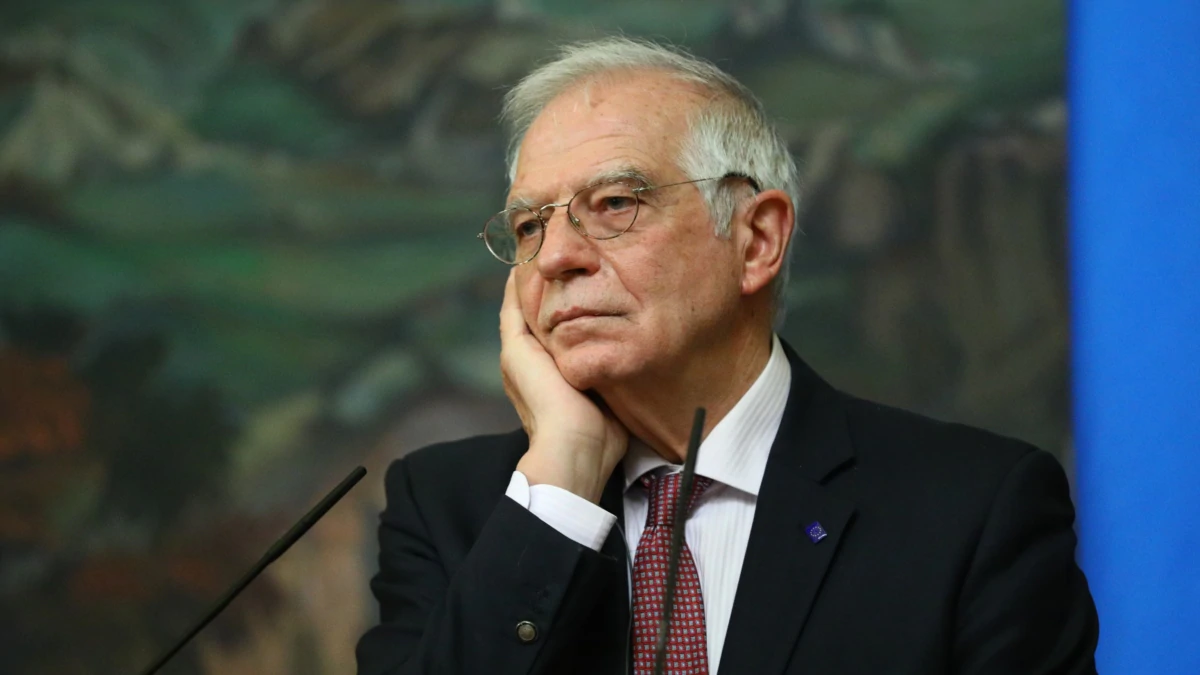
EU foreign policy chief Josep Borrell has completed his three-day trip to Moscow amid criticism of Russia’s response to anti-government protests.
The European External Action Service (EEAS) said in a February 6 press release that Borrell addressed a number of issues with Russian Foreign Minister Sergei Lavrov, including the “deteriorating human rights situation in Russia and the deliberate attempts to silence critical voices, NGOs, and civil society.”
Borrell reiterated the European Union’s “strong condemnation of the recent sentencing of Aleksei Navalny, which followed his illegal detention and assassination attempt by a chemical nerve agent on Russian soil.” Borrell repeated calls by Brussels for the opposition politician’s “immediate and unconditional release”
The EU official also “strongly condemned” Russia’s February 5 decision to expel three diplomats from EU states for allegedly participating in anti-government rallies held after Navalny was jailed upon his return from months of treatment abroad for his nearly fatal poisoning. The opposition politician and anti-corruption activist has accused President Vladimir Putin of ordering the assassination attempt.
Borrell rejected the allegations that the diplomats from Sweden, Germany, and Poland had conducted activities incompatible with their status, and called on Moscow to reconsider the decision.
Regarding Navalny being sentenced this week to nearly three years in prison related to a previous fraud conviction, Borrell said that the implications of the Moscow court decision would be discussed by EU foreign ministers later this month.
The EEAS statement also said that EU diplomats were in contact with Navalny’s lawyers during Borrell’s visit.
Borrell also discussed Russia’s actions in Ukraine, where Moscow has seized Ukraine’s Crimean Peninsula and supported a separatist conflict against Kyiv, and called on Russia to “respect the democratic choice of the people of Belarus and other conflicts in the neighborhood.”
Moscow has given its support to Alyaksandr Lukashenka despite the refusal by the EU and other Western countries to recognize him as president. Mass protests have been held weekly since Lukashenka declared himself the winner of the country’s August 20 presidential vote, leading to thousands of arrests and documented cases of violence against demonstrators.
This post was originally published on Radio Free.